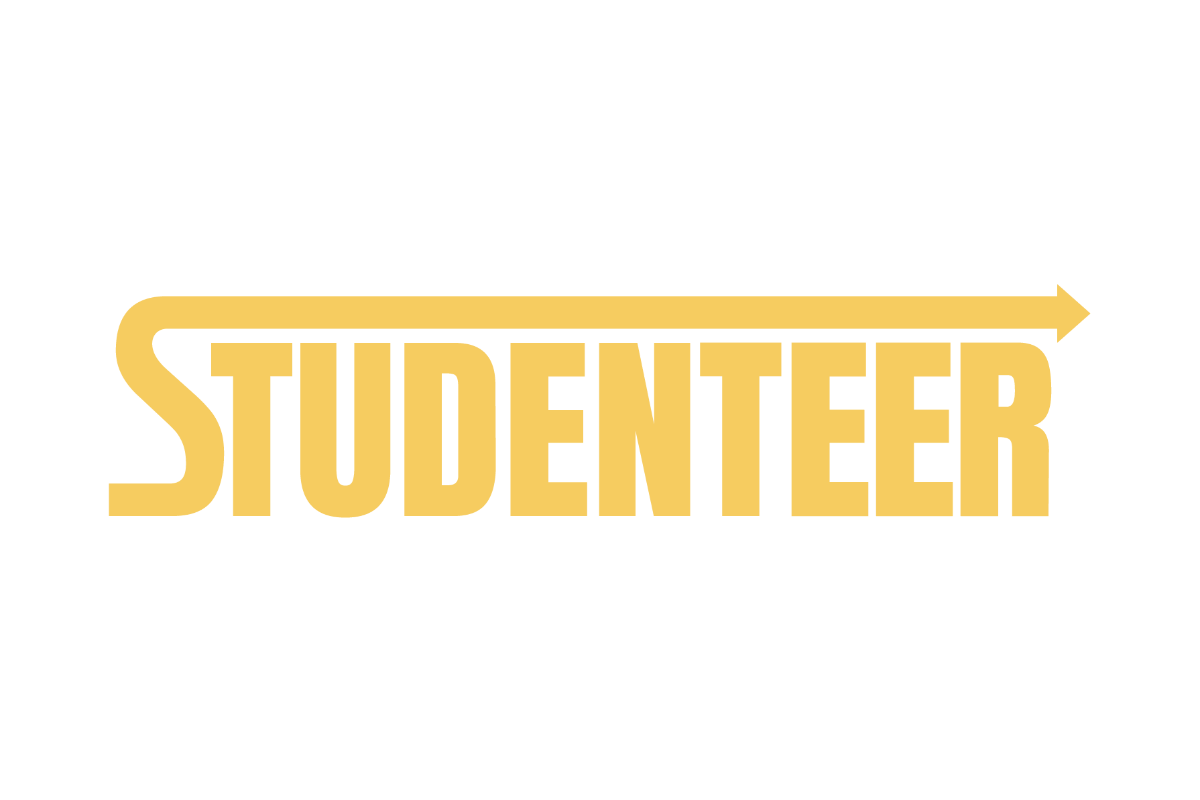For Dyslexia Awareness Week, Amelia Shipton (she/her) speaks on the positives of the unique perceptions that come with being dyslexic. Hear her story with dyslexia and discover her theatre company and podcast.
Hello, My name is Amelia Shipton. I am the Head of Review here at Studenteer. I am also an Actor, Company Director, and Performance and Acting Coach.
At school, I was always slightly behind my peers. At the age of ten, I was assessed and diagnosed as dyslexic. My life at school consisted of being separated from my peers and being placed on a different table where I would complete work that was alternative to what had been originally set, this was isolating.
I often had complex thoughts that I didn’t know how to articulate. It felt like my brain was fighting with the paper. Success is important to me, I was never afraid to express when I didn’t understand something and was open to asking for help because I knew if it was just explained to me differently I would comprehend it and thrive.
I worked extremely hard to get through school, fighting my way through my GCSEs, working harder than those around me, then going on to college and achieving outstanding grades which led me to university. This courage I had acquired at a young age turned into strength and this strength developed a strong work ethic that has driven me since.
Looking back, dyslexia taught me (and continues to teach me) to fight hard for what I want in life. I have realised that being dyslexic does not affect my intelligence and it simply means my brain operates differently but it is wonderfully unique in its own way. Although there are some challenges to being dyslexic, there are also many positives in which I’ve discovered as I’ve grown older. As a dyslexic, I am able to think outside the box, pay close attention to detail, and communicate effectively. I can use my brain’s ability to change and generate perceptions to my advantage.
I learn kinesthetically and this allows me to become creative in a team. I am an inquisitive, and perceptive individual. I enjoy solving problems and observing the finer points of a situation. Curiosity is something I’ve developed as a result of my dyslexia, I believe.
I set up an online theatre and production company, my aims are for the arts and entertainment industry to be accessible and inclusive to everyone. I started a series that focused on neurodiversity within the arts. We had professionals come on and chat with us via Instagram live Q&As where they shared their experiences as neurodiverse and dyslexic creatives.
This week is the end of Dyslexia Awareness Week and on World Dyslexia Day, I launched a new podcast called ‘Authentic Perceptions’ which will focus on celebrating and encouraging others to embrace their authentic selves. We will create open conversations on how we can raise awareness, with a focal point on neurodiversity and learning differences within the entertainment and broader industries.
I believe it is critical for people to become educated about learning differences, particularly dyslexia. While there may be misconceptions, we should not be underestimated but rather empowered. Some of us have brains that might work differently but I’m really proud of how I work and I’m actually grateful to be dyslexic! If you wish to find out more about dyslexia please do check out ‘British Dyslexia Association’ where you can find out more information.


This is a very positive and interesting article about dyslexia which also demonstrates the fact that many of those with dyslexia are hard workers, innovative in ideas and motivation – and with strong abilities. Amelia Shipton clearly has a lot to offer the world in stimulating ideas and leadership.
Pingback: Neurodiversity: Why Companies Should Embrace It - Studenteer